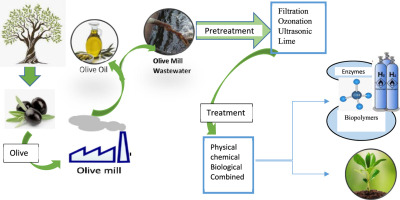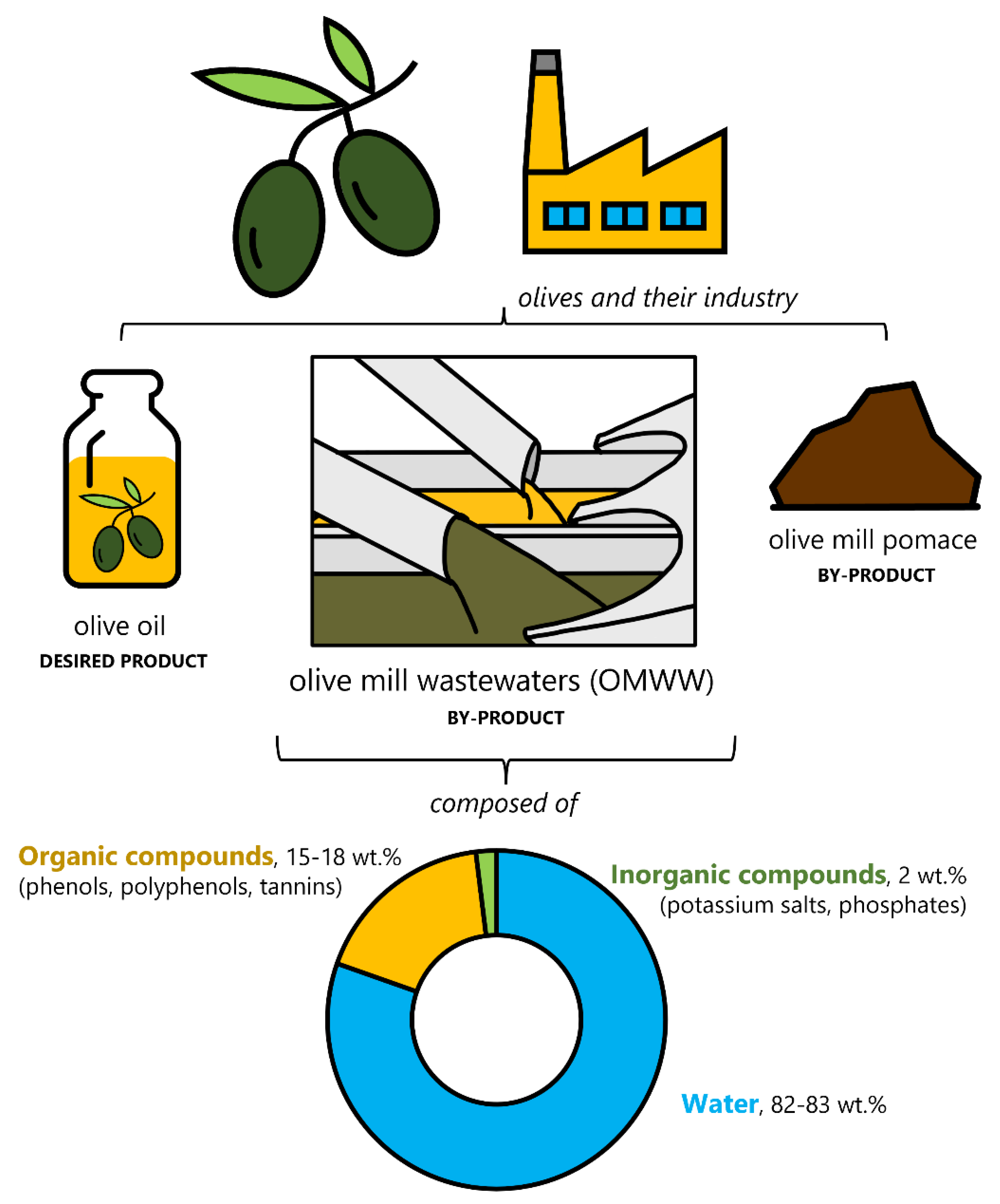Summary
- Profile Type
- Technology offer
- POD Reference
- TOGR20231017014
- Term of Validity
- 17 October 2023 - 16 October 2025
- Company's Country
- Greece
- Type of partnership
- Commercial agreement with technical assistance
- Targeted Countries
- All countries
Contact the EEN partner nearest to you for more information.
Find my local partner
General information
- Short Summary
- A Greek research institute has developed a detoxification technique in order to treat wastewater from olive mills using organic materials to filter out harmful substances from liquid residues resulting from olive processing. The client wishes to offer this technology to olive oil producers through commercial agreements with technical assistance.
- Full Description
-
The Greek organisation is one of the leading research centres Europe-wide. The main topics it focuses on are: climate change, sustainable energy, artificial intelligence, advanced robotics, internet of things, holistic approaches to healthcare and nutrition, autonomous vehicles smart cities of the future and circular economy. The centre is made up of 5 institutes, covering the following fields of research: 1) chemical process and energy, 2) information technologies, 3) transport, 4) applied biosciences, 5) bio-economy and agro-technology. The centre is staffed by more than 1500 experts (mostly engineers and scientists), located in 6 regions and 7 cities.
In particular, the centre has worked extensively on technologies and systems related to sustainability and circular economy.
Disposal and handling of huge quantities of olive mill wastewater (OMW) remain one of the crucial issues for the Mediterranean basin countries, which have to face severe environmental problems, due to the production and disposal of immense amounts of olive mill wastes in short periods of time.
The client has developed a biobed detoxification technique, which can be used to treat and detoxify olive mill wastewater, a byproduct of olive oil production. The process involves creating a biologically active bed using specific materials that facilitate the degradation and detoxification of olive mill wastewater.
The biobed consists of a tank containing a special biomixture consisting of compost, soil, and straw, which behave as a natural biological filter for the degradation of organic matter and solids in order to treat, purify, and detoxify the olive oil wastewater effluent for the optimum removal of pollutants. An irrigation system was developed to inject olive mill wastewater onto the biobed.
The Greek client is interested in offering this detoxification technology to olive oil producers for commercial agreements with technical assistance and know-how transfer with all relevant support and training where necessary. - Advantages and Innovations
-
These biobeds are simple, low-cost field systems that reduce environmental pollution caused by pesticides.
Due to the fact that olive oil production is seasonal, the treatment process has been developed in such a way as to be flexible enough in order to operate in a non-continuous mode, thus preventing the need for olive mill wastewater to be stored until further processing. - Stage of Development
- Available for demonstration
- Sustainable Development Goals
- Goal 15: Life on Land
- Goal 6: Clean Water and Sanitation
- Goal 12: Responsible Consumption and Production
- Goal 9: Industry, Innovation and Infrastructure
- IPR status
- Secret know-how
Partner Sought
- Expected Role of a Partner
- Potential partners for this technology are olive oil producers (preferably large-sized industries) that are interested in improving their environmental footprint and reducing their waste.
- Type and Size of Partner
- SME 50 - 249
- SME 11-49
- Type of partnership
- Commercial agreement with technical assistance
Dissemination
- Technology keywords
- 10004003 - Wastewater Recycling
- Market keywords
- 08004003 - Water treatment equipment and waste disposal systems
- Targeted countries
- All countries

